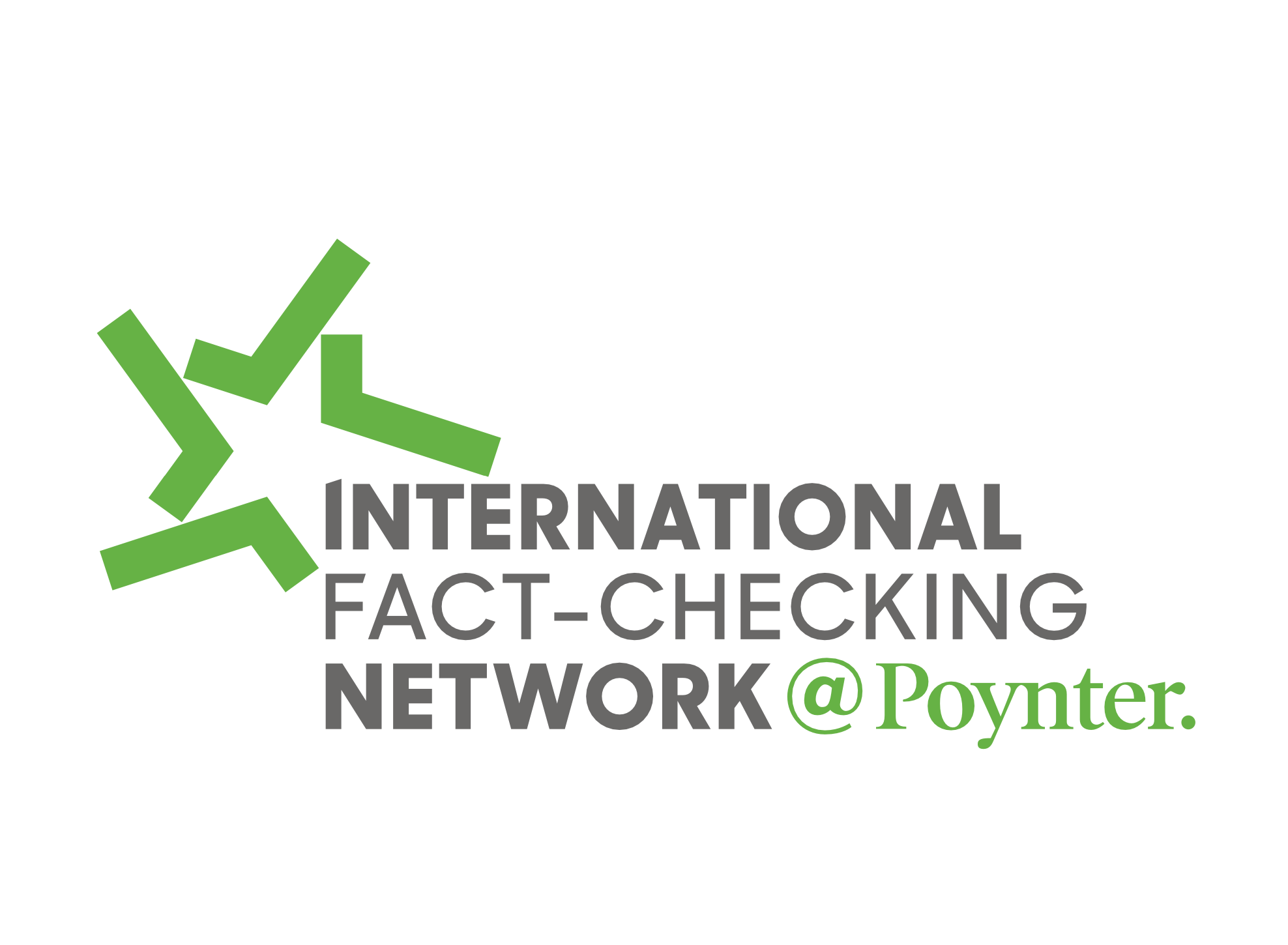Q. Apropos of the question regarding how to respond to rejection when seeking a reporting job:
I’ve been at my current newspaper, a daily, for 10 years, working as both a rim and slot editor on two different copy desks. I’ve always gotten stellar performance evaluations.
Previously, I worked at weekly community newspapers, weekly and monthly trade and business publications — both newspapers and magazines — and for a Web site. My career spans 30-plus years.
At my current paper, I have applied for various assignment editor positions (a job I had prior to joining my current paper) over the years — at times at the behest of the editor I would be reporting to — but have never gotten those jobs.
I don’t think I have a tin ear; I think I’ve done well in interviews, and my background and experience provide a good match for the jobs I’ve applied for. The editors who have interviewed me seem glad that I’ve stepped up and sought out the positions. I usually feel really good after these interviews.
But — and the most recent rejection took place last week — I haven’t ever gotten these jobs.
At one point, there was a job in my own department that I applied for. When I lost it to someone who hadn’t even applied for the position, I asked my boss what was wrong with me, or if I was doing something wrong. He said I was a strong candidate, but they felt the person who was chosen was even stronger and would do an outstanding job.
Seems to me the handwriting’s on the wall, if after all this time, I can’t advance my career at my current job. Can you think of anything I should be doing that I haven’t?
Thanks
Still Waiting
A. You have been patient and persistent. It is interesting that you say you don’t have a tin ear, as some frequent applicants seem to have no idea about their shortcomings. You seem to have considered that possibility and discarded it on the basis of good evidence. You have asked for an explanation.
I see two paths.
One is to decide it’s time to leave the newspaper and start looking. The other is to go back to the editors, who I am sure feel your frustration, and ask them to engage in some serious career counseling.
This time, the question is not, “Why did I not get that job?” but, “What must I do to get to the next level?”
That conversation has to end in some specific developmental opportunities that will set you on your path. Those could include cross-trains, job shadowing and assignments to fill in for people away on vacation. Make sure you come away with some deadlines for those activities.
The secret is to get the editors to prescribe what you must do, to do those things well and to then have the editors feel that they must come through with a promotion.
Coming Monday: High turnover, a lack of communication and no teamwork have her wanting to find a new job. But she worries about handling questions about her current work environment.





